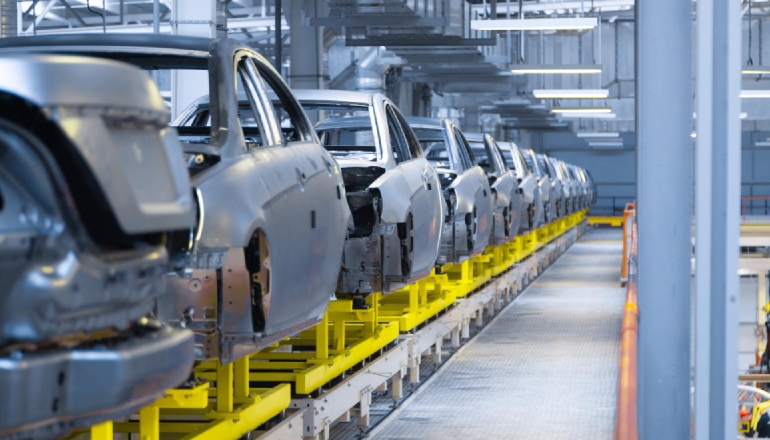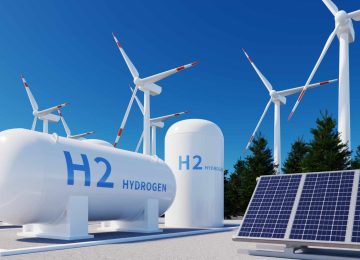Industry body CII had issued a red flag warning the booming auto industry in Tamil Nadu against high climate risk.
In a new analysis, CII had indicated that Tamil Nadu, India’s leading auto manufacturing hub, needs swift action to adapt against climate change.
CII’s assessment indicated high climate risk and low adaptive capacity in Tamil Nadu’s auto industrial units. This puts the state’s capital in code red for extreme weather events.
CII classified the auto industry in TN in the red zone due to significant climate risk to its operations and adaptability. The automotive industry faces a significant risk of climate hazards like floods, droughts, cyclones, and heavy rainfall.
The assessment indicated a clear relationship between the coast (distance between them) and ports vulnerable to cyclones and the exposure of TN’s auto manufacturing facilities, warehouses, and distribution centers. This means the units are more exposed to extreme weather events, CII said.
The assessment concluded that there were very few adaptive capacity measures to address physical climate risk, including industrial preparedness, industrial management, structural safeguarding, financial preparedness, and innovation and technology.
Recommendations:
The CII assessment recommended short and long-term actions as part of sector-specific actions for better adaptation for resilience building.
The utilization of local suppliers should be increased, and supply chains should be diversified (especially with regard to EV-specific supply chains) to lessen reliance on long-distance transportation, which can be affected by sudden weather events. As with strategic petroleum reserves, it would also be critical to raise awareness and work with the government to create a national strategy for minerals and a policy for strategic mineral reserves, CII said.
Additionally, it called for the evaluation of climate-related supply chain vulnerabilities twice a year, including those pertaining to suppliers of raw materials and components. It was noted that while companies typically keep an eye on geopolitical risks, as well as the financial stability and quality of their suppliers, it would be crucial to also take climate risks into account when conducting these assessments.
Scope:
The association examined climate risks in iron and steel, dairy, food processing, and automobile industries in Odisha, Maharashtra, and Tamil Nadu, based on stakeholder consultation.
The other two clusters were more adaptable and faced comparatively less risk, the study said.
The three main industrial clusters were assessed using climate risk indicators like exposure, sensitivity, and adaptive capacity to climate change risks.
In order to evaluate and quantify climate risks for Indian businesses and their value chains, CII recently released a framework called “Building Climate Resilience for Indian Industry,” which includes the analysis. Experts, businesspeople, and other interested parties were consulted during the development of the framework.
In the framework’s foreword, Sanjiv Puri, President of the Confederation of Indian Industry and Chairman and Managing Director of ITC Limited, stated that the framework’s goal is to assist businesses in identifying risks associated with heatwaves, cyclones, floods, droughts, and other climate change-related phenomena. It also aims to direct them in prioritizing appropriate adaptation actions across various industries and geographical areas.









